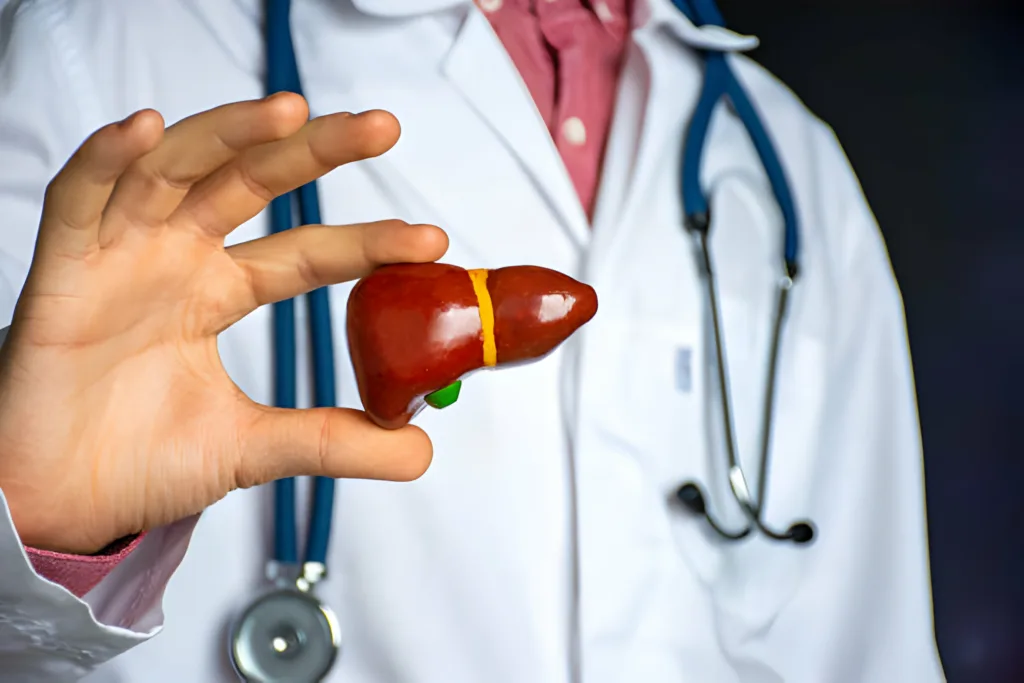The liver, our body’s unsung hero, plays a vital role in keeping us healthy. This powerhouse organ filters toxins, produces bile for digestion, stores essential nutrients, and even helps regulate blood sugar levels. Maintaining optimal liver health is crucial for overall well-being, and a key contributor is what we choose to eat. Let’s explore how specific foods can support and nourish your liver.
Fueling Your Liver for Optimal Function:
Embrace the Fiber Powerhouse: Fiber, found in fruits, vegetables, whole grains, and legumes, supports liver function by aiding in the elimination of toxins and waste products. Opt for whole grains over refined options, and add plenty of fruits and vegetables to your diet.
Cruciferous Vegetables for the Win: Broccoli, cauliflower, Brussels sprouts, and kale are rich in sulforaphane, a compound that helps the liver detoxify and can even offer potential protection against liver damage.
Healthy Fats for a Balanced Plate: Contrary to popular belief, healthy fats are essential for liver health. Include sources like avocado, olive oil, nuts, and fatty fish in your diet. These fats contribute to healthy cell membranes and aid in the absorption of essential vitamins.
Antioxidant Powerhouse: Berries, citrus fruits, and other colorful fruits and vegetables are rich in antioxidants, which help combat free radicals that can damage liver cells. Include a variety of these vibrant options in your diet for optimal benefit.
Beetroot for Detoxification: Beets contain a specific compound called betalains, which may support the liver’s natural detoxification process.

Foods to Limit or Avoid:
While certain foods provide essential nourishment for your liver, others can have a negative impact:
Processed Foods and Added Sugars: These contribute to inflammation and fatty liver disease. Limit processed foods, sugary drinks, and added sugars in your diet.
Excessive Red Meat: While lean protein is important, excessive consumption of red meat can put a strain on the liver. Opt for lean protein sources like fish, poultry, and beans more often.
Alcohol: Excessive alcohol consumption is a major risk factor for liver damage. Limit alcohol intake or consider abstaining altogether to protect your liver health.
Beyond Diet:
A holistic approach to liver health goes beyond simply incorporating specific foods into your diet. Here are a few extra tips:
Maintain a Healthy Weight: Excess weight can contribute to fatty liver disease. Aim for a healthy weight through a balanced diet and regular exercise.
Stay Hydrated: Drinking plenty of water helps your liver function optimally by facilitating the removal of waste products.
Get Enough Sleep: Aim for 7-8 hours of quality sleep each night. During sleep, your liver repairs and regenerates itself.
Remember: Consult your doctor before making any significant changes to your diet, especially if you have pre-existing health conditions. By incorporating these dietary and lifestyle practices, you can support your liver’s health and contribute to overall well-being, allowing this vital organ to function optimally for years to come.




